The Disappointing Silence: the Absence of Corporate Support for Pride in 2023

Pride month has always held a special place in the hearts of our company. Although we work to support our gender-diverse community all year long, Pride Month is always special to us. But this month came and went, and we feel we need to address the fact that Pride this year was DIFFERENT.
Pride serves as a powerful reminder of our collective journey toward acceptance, equality, and diversity. It’s also a time for us to honour the hard work of our queer and trans (mostly trans women of colour) predecessors who paved the way for us to live in a more free and open way.
In contrast to what happened this last month, being present at the 2023 World Pride in Sydney was fantastic. It reaffirmed the essence of what we want Pride to be; a joyous celebration where we get to see our community gather together and celebrate all the vast and beautiful ways we exist and express ourselves. It was also a time to listen and learn from the community that surrounded us.
Pride is also a time when we get to be reminded that there are so many allies in the world who support and love us for who we are. And yes, we’ve always known that there are companies that participate in performative allyship during Pride month without showing genuine support throughout the year. But before this year we didn’t see the full picture of how ingenuous much of that support was.
As Pride Month unfolded in 2023, we couldn't help but feel a sense of disappointment, frustration, and let’s be honest, a little bit of fear. Suddenly we seemed surrounded by silence. Normally June is Origami Custom’s most active month, not necessarily in sales, but in speaking engagements, article publications, and companies championing us as a “queer brand to buy from.”
But June rolled around we noticed a distinct lack of companies reaching out. (although some were still amazing, thank you!) Many companies which in the past had proudly shown their support for the LGBTQ+ community, seemed to suddenly be looking the other way.

Why Some Companies Withdrew LGBTQIA+ Support This Year
While the anti-queer sentiment is something that our current generation has always experienced, this last year has seen an increase in discrimination in the media. Even before Pride Month began, there were a number of corporations succumbing to pressure from far-right, anti-LGBTQ+ boycotts.
While these boycotts do seem a little out of nowhere, the recent campaign against LGBTQ+ inclusion in stores is not actually a grassroots movement. It’s been publicly stated that it’s a calculated initiative led by some of the far-right influencers who are also responsible for the initial anti-trans bills.
In April, Matt Walsh, a prominent figure involved in drafting and posting the initial anti-trans bill tweeted the basic strategy; ”Pick a victim, gang up on it, and make an example of it. We can't boycott every woke company or even most of them. But we can pick one, it hardly matters which, and target it with a ruthless boycott campaign.”
What followed were large groups of people who were incited to do just that. There were dozens of companies who hit the boycott list of “woke” brands who needed to be taught a lesson, from Build-a-Bear to PetSmart to Wallgreens. While some companies didn’t cave to the backlash, many did.

Companies Caving to anti-LGBTQ+ Initiatives
Target, for example, faced very public backlash when its Pride merchandise was set up for display. Disturbing videos surfaced, showing individuals trampling on Pride displays in stores and harassing staff members. Although Target has “supported” Pride for over a decade, its immediate response was to remove several Pride items and relocate Pride displays to less prominent areas within its stores.
Bud Light recently faced criticism for featuring transgender influencer Dylan Mulvaney on its cans. This seemingly innocuous act led to a boycott campaign initiated by anti-LGBTQ+ conservative activists. The boycott dropped sales by over 25% and individuals even went so far as to publically burn empty beer boxes and fire bullets at cans. Rather than standing up in support of our community, instead Bud Light placed the executives responsible for the campaign on leave.
Amazon actively blocked searches for LGBTQ+ products in countries experiencing anti-homosexuality propaganda. Starbucks didn’t allow dozens of its locations to decorate for Pride, citing “security concerns”. Google dropped sponsorship of their annual drag show. The North Face, Lego, Miller Lite, and many other companies did not post for Pride this year although they posted in support last year. And it goes on.
I’m sure we don’t need to tell you, these incidents and more occur amidst a broader cultural climate in which over 530 bills have been introduced specifically targeting our transgender community. Books featuring LGBTQ+ characters are being banned, access to necessary medication for transgender youth and adults is being withheld, travel warnings are discouraging LGBTQ+ individuals from entering certain states, Pride parades are being canceled, and transgender individuals are facing unwarranted arrests in restrooms.

The Sad Fact Is, These Companies Never Supported The LGBTQ+ Community
It’s not that all corporations are disingenuous when they’re supporting our community. But the fact is, to many of these companies we’re a dollar value and not a person. Pride marketing is fundamentally rooted in the understanding that the future success and relevance of brands will be determined by the purchasing power of Gen Z consumers, and the purchasing power of the queer community is without question.
These companies are seeking to engage a community known for its higher disposable income, openness to targeted advertising, and brand loyalty. It's a simple fact driving their motivations and actions. It has nothing to do with our rights. But what these brands don’t realize is that public support from companies during Pride month needs to go beyond mere symbolism and product sales.
Having corporate representation provides visibility and representation for queer individuals, particularly those who may be in less accepting environments. It can be a lifeline for those struggling to find acceptance, giving them hope and inspiring them to embrace their identities proudly. The absence of corporate support sends a message that our visibility and well-being are not a priority, potentially exacerbating feelings of marginalization and isolation.
Corporate engagement also provides income for people in the community when these companies need products and events for Pride. But when they suddenly pull support, these small makers are left with the bill. For example, when Target pulled its Pride line it badly damaged several of the small trans/queer designers of the merch that was being sold. Some are now financially devastated after preparing that much stock and having it pulled.
In an Instagram post, Ash and Chess summed up the issue perfectly;’
“Target hired us to design sixteen unique and exclusive designs for their 2023 Pride campaign, only for them to cave to the pressure of loud and violent threats from domestic terrorists and pull fourteen of our sixteen items out of stores, moving them to online only and deleting our "Trans People Will Always Exist" shirt out of the assortment completely.
This came as a blow not only to us as queer + trans artists whose work was supposed to be featured in Target stores all across the country, but to the millions of LGBTQIA+ people and families who will not be able to see affirming messages displayed in a large retailer and who have been told that their existence is dangerous and doesn’t deserve to be celebrated and stood behind.”
This systemic attack on LGBTQ+ rights and the caving of brands highlights the danger of relying on corporations to spearhead Pride initiatives. These rainbow-washed corporations lack a meaningful stake in the struggle for our equality. They are willing to withdraw their support at a moment's notice, financially harming the community and perpetuating the damaging narrative that LGBTQ+ individuals are undeserving of protection or basic human rights.

But Our LGBTQIA+ Community Is Still Strong
It’s easy to become overwhelmed by the negativity of the recent anti-LGBTQ+ initiatives. Our natural tendency may be to become small and shut down, afraid that the world is out to get us. And while it’s important to recognize that major challenges and disparities exist, we also need to remember that things as a whole have actually gotten better for our community.
When mean people yell really loud, it’s easy to believe that everyone feels that way. But not everyone does. In fact, even despite these American corporations backpedaling during Pride, recent polls have found that roughly 80% of Americans say they favoured laws that would protect LGBTQ+ people against types of discrimination.
Statistically, there have been significant advancements in LGBTQ+ rights and acceptance in many parts of the world over the past few decades. In terms of legal recognition and protection, there have been notable advancements. Many countries have decriminalized homosexuality, and numerous jurisdictions have legalized same-sex marriage or recognized some form of legal partnership for same-sex couples.
Anti-discrimination laws protecting LGBTQ+ individuals in various areas, such as employment, housing, and public accommodations, have been implemented in numerous regions.
Public attitudes towards homosexuality and LGBTQ+ rights have also become more accepting in many societies.
Surveys and studies indicate an overall increase in support for LGBTQ+ equality and inclusion, particularly among younger generations. Visibility and representation of LGBTQ+ individuals in media, politics, and other areas have also improved, contributing to greater understanding and acceptance.
That being said, it is important to approach the question of progress with nuance and recognize that the experiences of LGBTQ+ individuals can vary significantly based on factors such as geography, culture, socioeconomic status, and intersectional identities. While progress has undeniably been made in many areas, A LOT of work must be done to ensure full equality and acceptance for all LGBTQ+ individuals worldwide. Especially in the face of recent events.
What Our LGBTQ+ Community Can Do During This Loss Of Corporate Support
While our heart’s desire during Pride may be to connect with friends, laugh, celebrate, and dance the night away, let’s not forget that the first Pride was a riot. Pride’s fundamental purpose has always been to create meaningful connections and a community that supports each other in the face of oppression.
The origins of Pride were at the historic Stonewall uprising in 1969. It was an era where LGBTQ+ individuals faced horrific discrimination, violence, and criminalization. On the night of June 28, 1969, a routine police raid at the Stonewall Inn ignited a spontaneous uprising. Patrons and community members, (notably black, trans women who were sex workers,) tired of enduring regular police harassment and discrimination, decided to fight back against the oppression.
The raid sparked protests and clashes with law officers that lasted for several days, and the event marked a turning point, igniting activism and leading to the first Pride march in 1970. Initially political and resistant in nature, Pride events spread globally, reflecting local challenges and achievements. Pride serves as a reminder of the fight for equality and a call to action for creating a world free from discrimination.
If we forget the roots of Pride and our fight for equality, then we quickly replace our ownership with parades dominated by corporate floats, rainbow-washed unethical products, and Bud Light-sponsored block parties. We become mere spectators instead of active participants, and we’ll start to fracture when that disingenuous corporate support is withdrawn.

Don’t Forget We’re In This Together
The lack of corporate support for Pride in 2023 has left many queer individuals, us included, feeling disappointed and let down. While we recognize that each company operates within its own context, we hope for a future where corporate support for LGBTQ+ rights is consistent and unwavering. It is crucial for companies to understand the significance of their actions, beyond using it as a marketing tactic.
Let us continue to hold companies accountable and strive for a world where every day is a celebration of love, acceptance, and equality. Merely posting a rainbow flag on social media during Pride month is not enough. We need companies to consistently demonstrate their support for LGBTQ+ rights throughout the year, in their policies, ethics, hiring practices, and workplace environments.
But even if they don’t, let’s remember that we are not powerless in this situation. Our LGBTQ+ community is strong and resilient. We have been through so much hardship and we still persevere. We have already come such a long way from the first Pride, and we can go so much farther together.
So let’s refocus on what’s important: the care and connection with others in our gorgeous and vibrant community. Let’s reach out and care for each other through this because we’re in this together. The stronger we make build our community, the less this new form of oppression will shake us.
We have the capacity to champion LGBTQ+ rights and promote understanding and love, rather than anger and hate. And yes, we still have miles to go, but we’re doing it hand in hand, and we’re working towards a future where Pride support becomes the norm, rather than the exception.

We believe that gender-affirming care is a human right. If you can’t afford our gender-affirming products for any reason, please register with one of our many Community Programs. We give away thousands of products a year to support our community.
Photo by Jonathan Kemper on Unsplash
Photo by Christian Lue on Unsplash


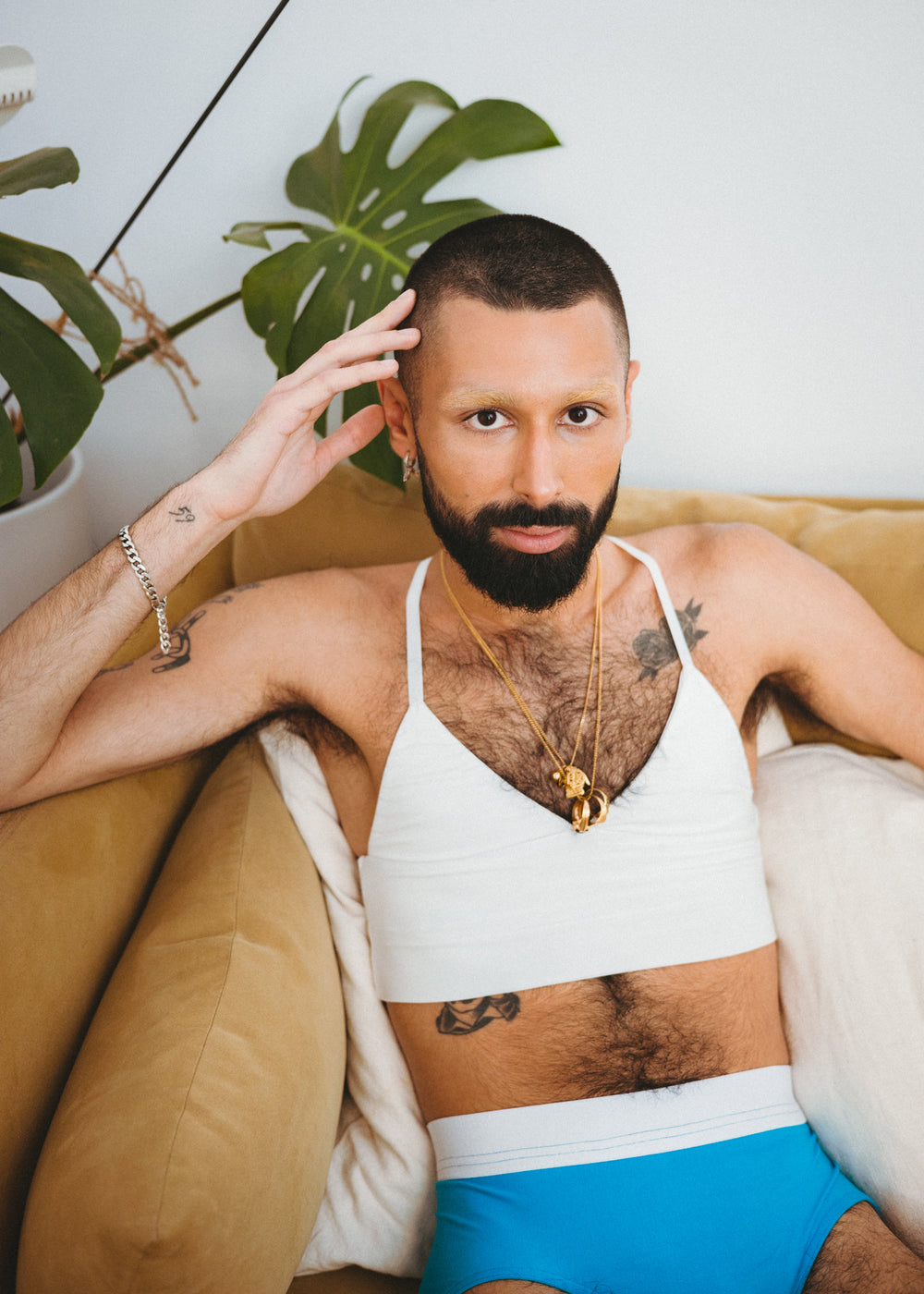



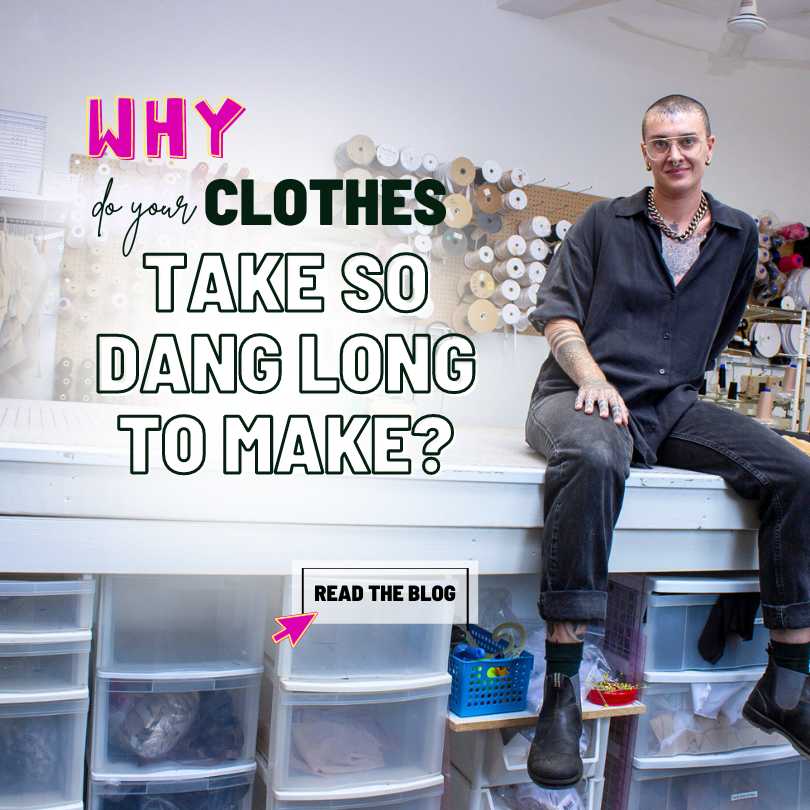
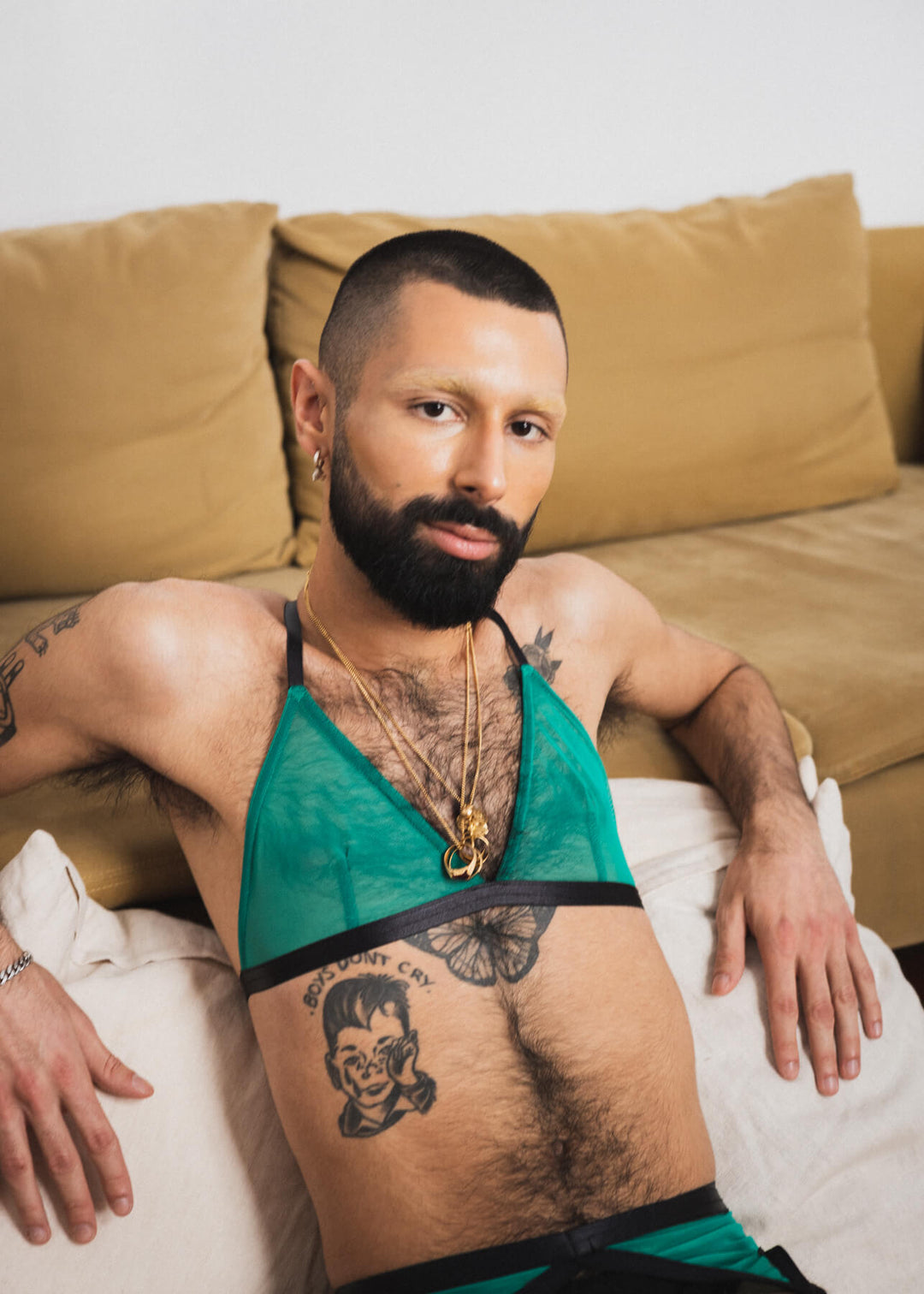
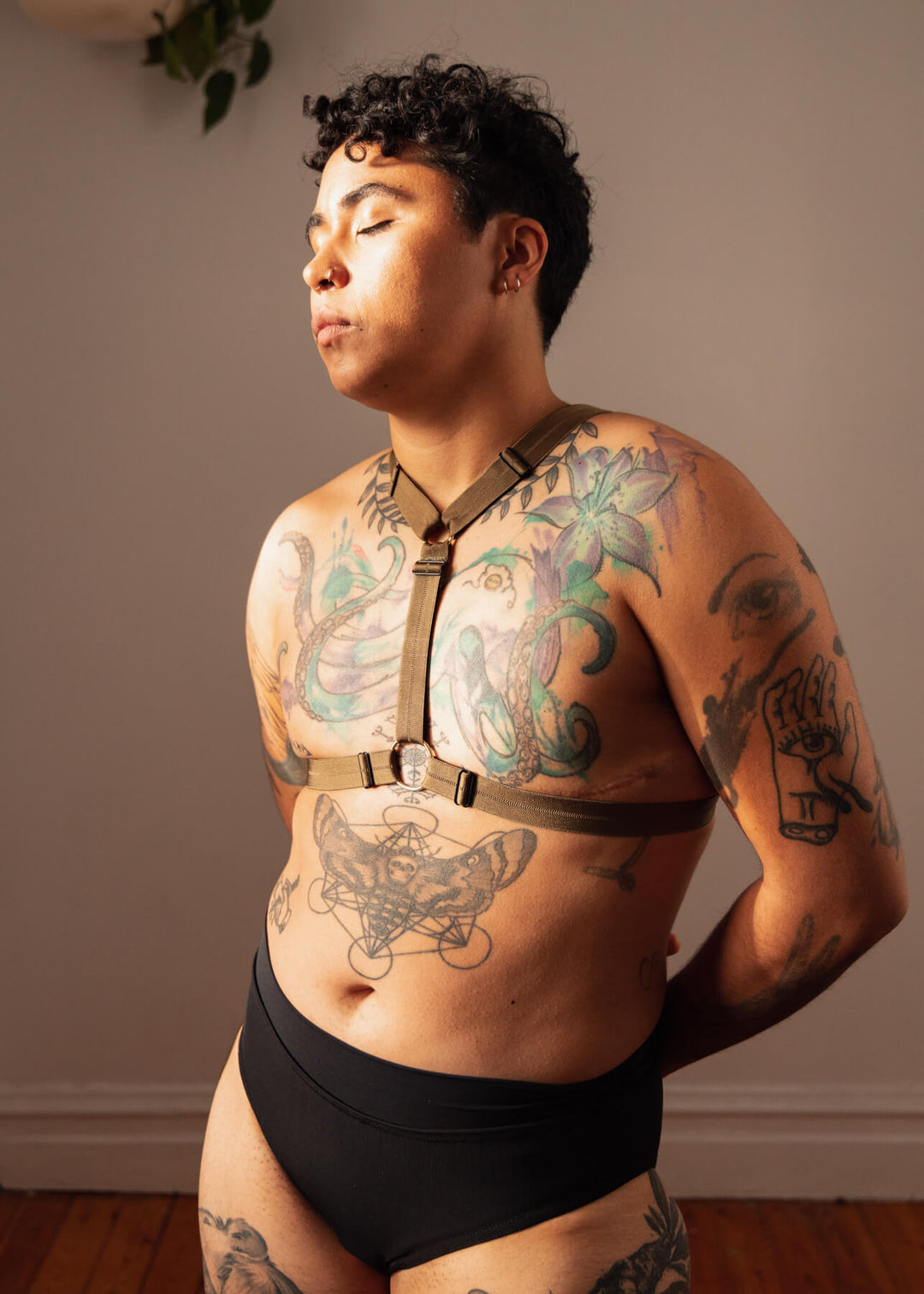
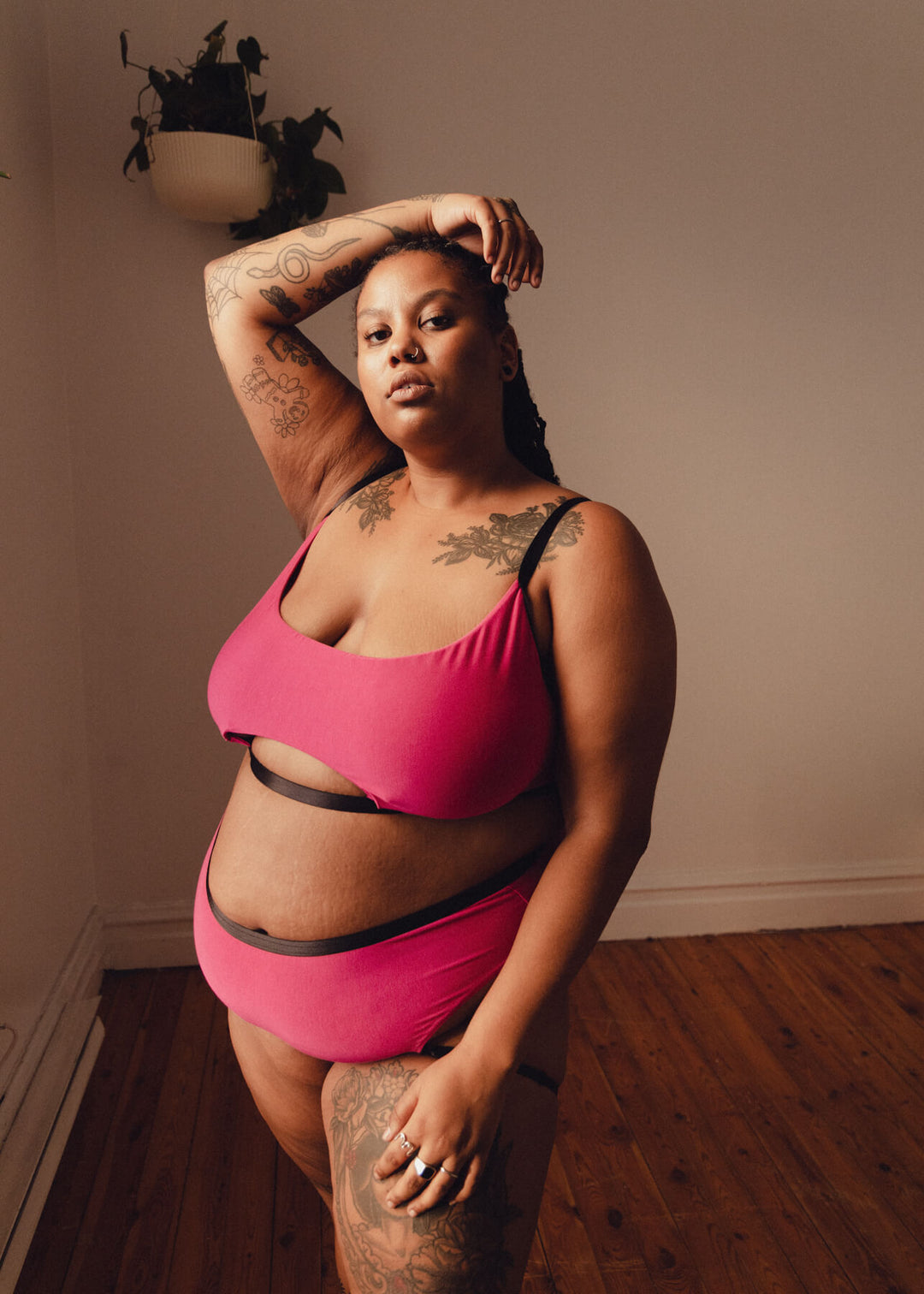
Leave a comment